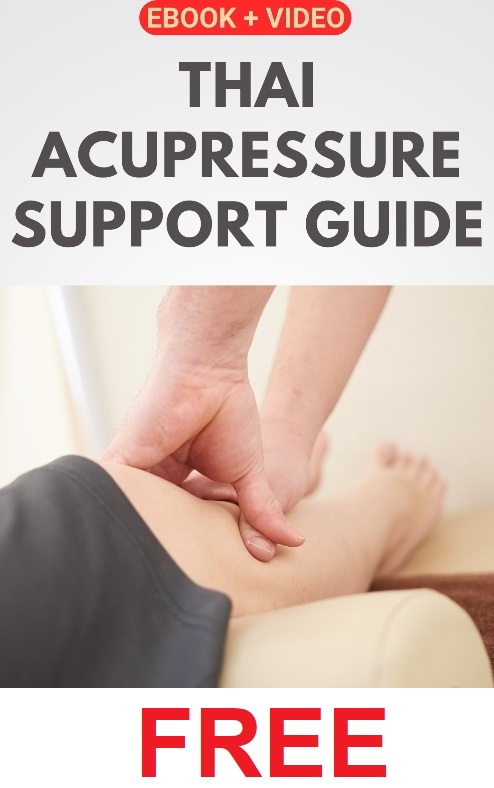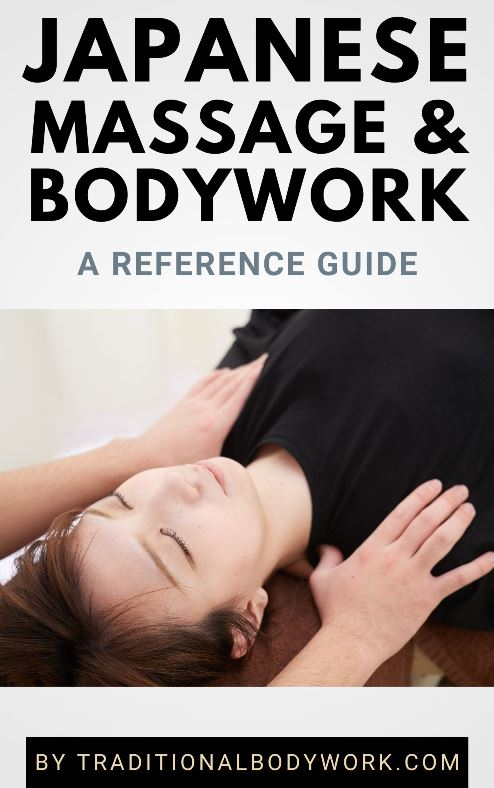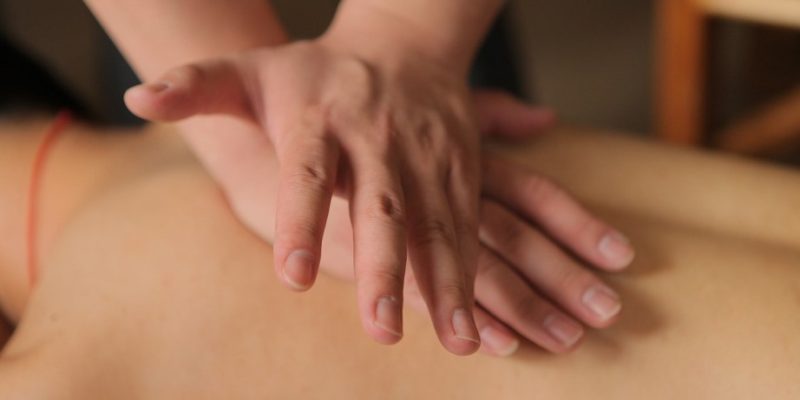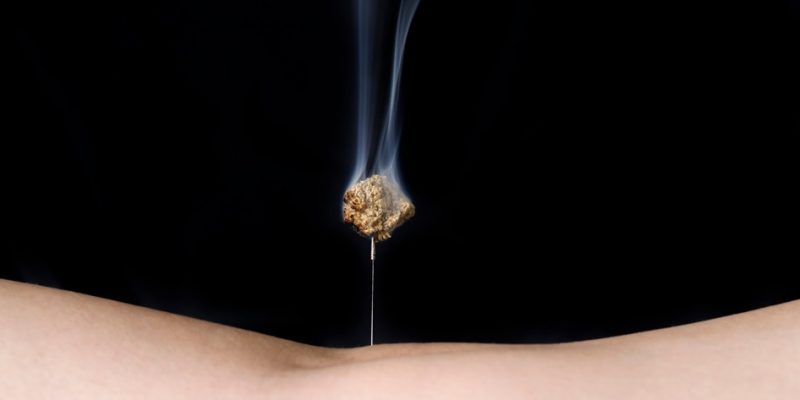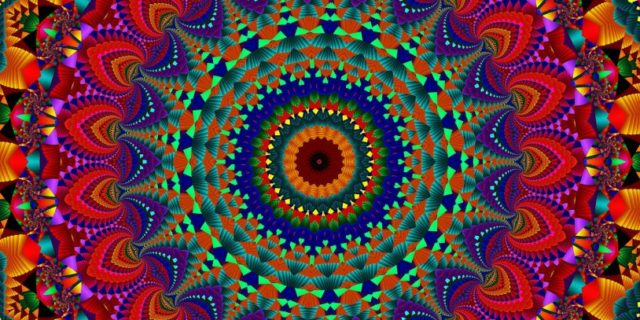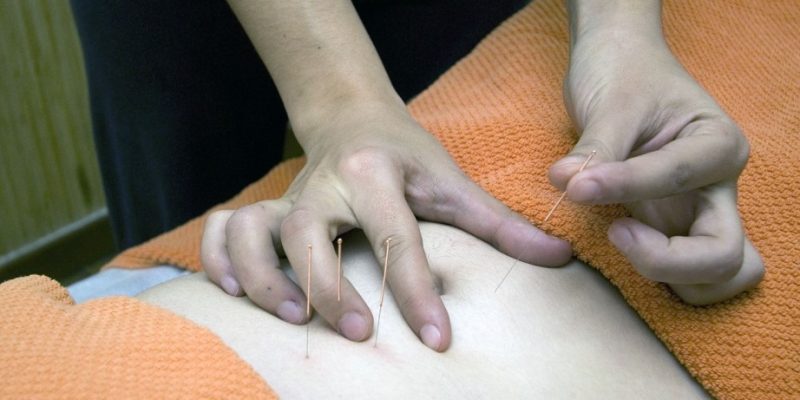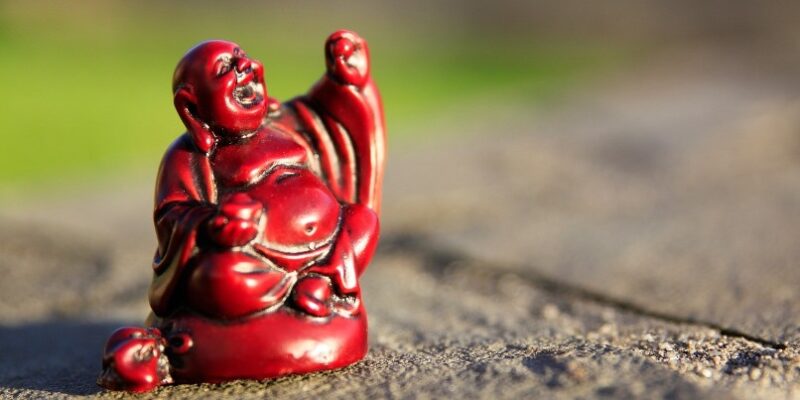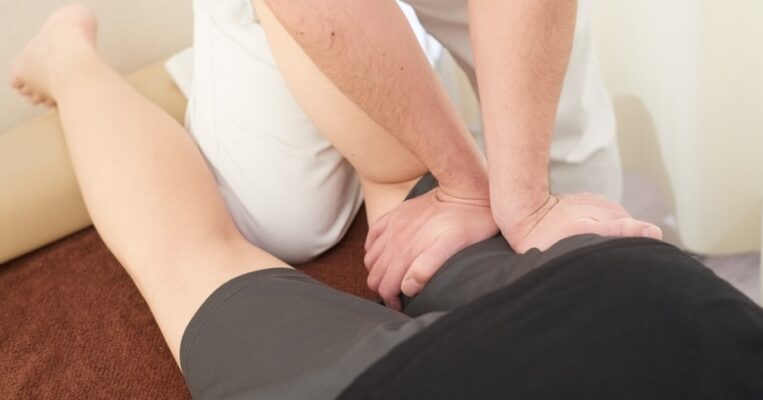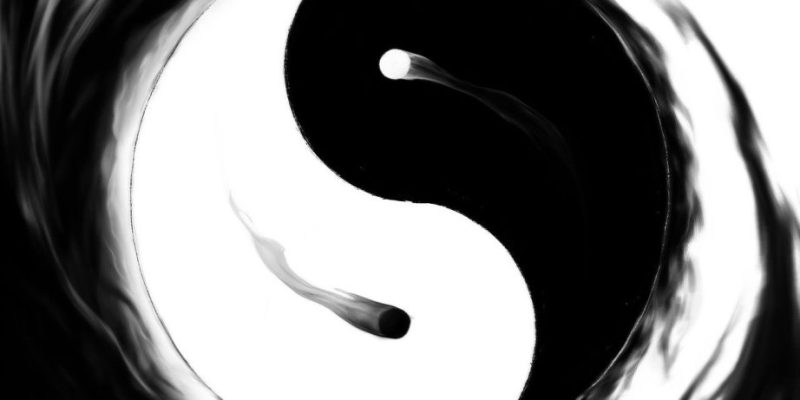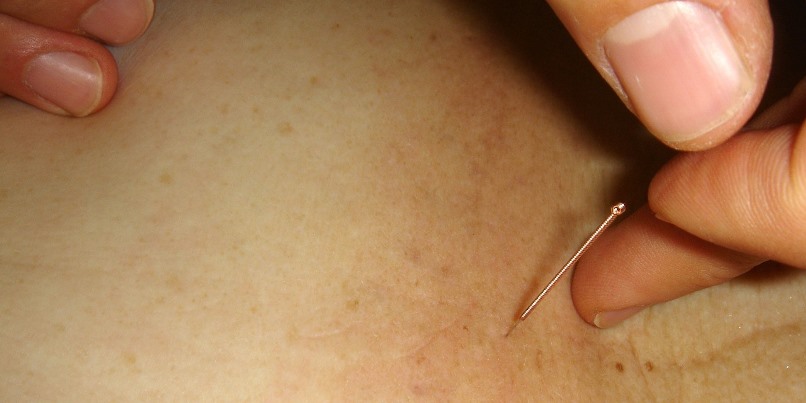
Traditional Chinese Medicine (TCM) boasts a series of ancient medical practices that originate in China. TCM is considered as complementary or alternative medicine in Western countries, but it’s included in primary healthcare systems throughout many Asian countries.
Chinese Medicine is a complete system for the assessment and treatment of both acute and chronic health issues, but also used for preventative health care and maintenance. TCM theory is rather complex and originated thousands of years ago by experience, observation of nature, the cosmos, and the human body.
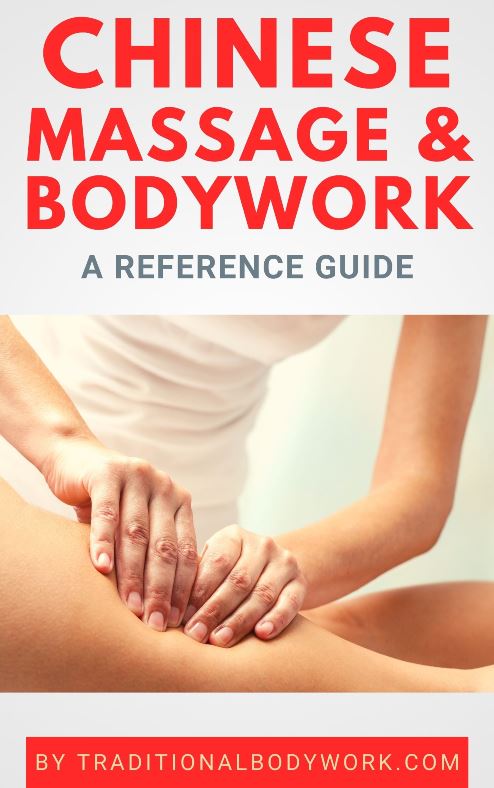
Some of the most important concepts in TCM are Yin-Yang, the Five Elements, meridians and acupressure points, Qi Life Energy, blood, and the Zang-Fu organ systems.
TCM includes various treatments for gynecological disorders, such as for endometriosis, infertility, dysmenorrhea, excessive uterine bleeding, premenstrual syndrome, menopausal issues, polycystic ovarian syndrome, uterine fibroids, chronic pelvic inflammation, vaginismus, cervicitis, and vaginitis, among other pathologies.
Moreover, TCM specifically includes a specific traditional medicine discipline for women called Fu ke (Fuke), which today would be called obstetrics and gynecology, covering topics such as fertility, menstruation, pregnancy, childbirth, and the postpartum period.
Yet, also for men there are a broad variety of TCM treatments that tackle fertility problems, premature ejaculation, testitis, prostatitis, and impotence or erectile dysfunction, among other health conditions.
Most TCM treatments are a combination of Chinese Herbal Medicine, Medical Qigong, Moxibustion, and Acupuncture. Nevertheless, Chinese massages and bodywork are more prone to be applied separately i.e. as stand-alone healing modalities.


